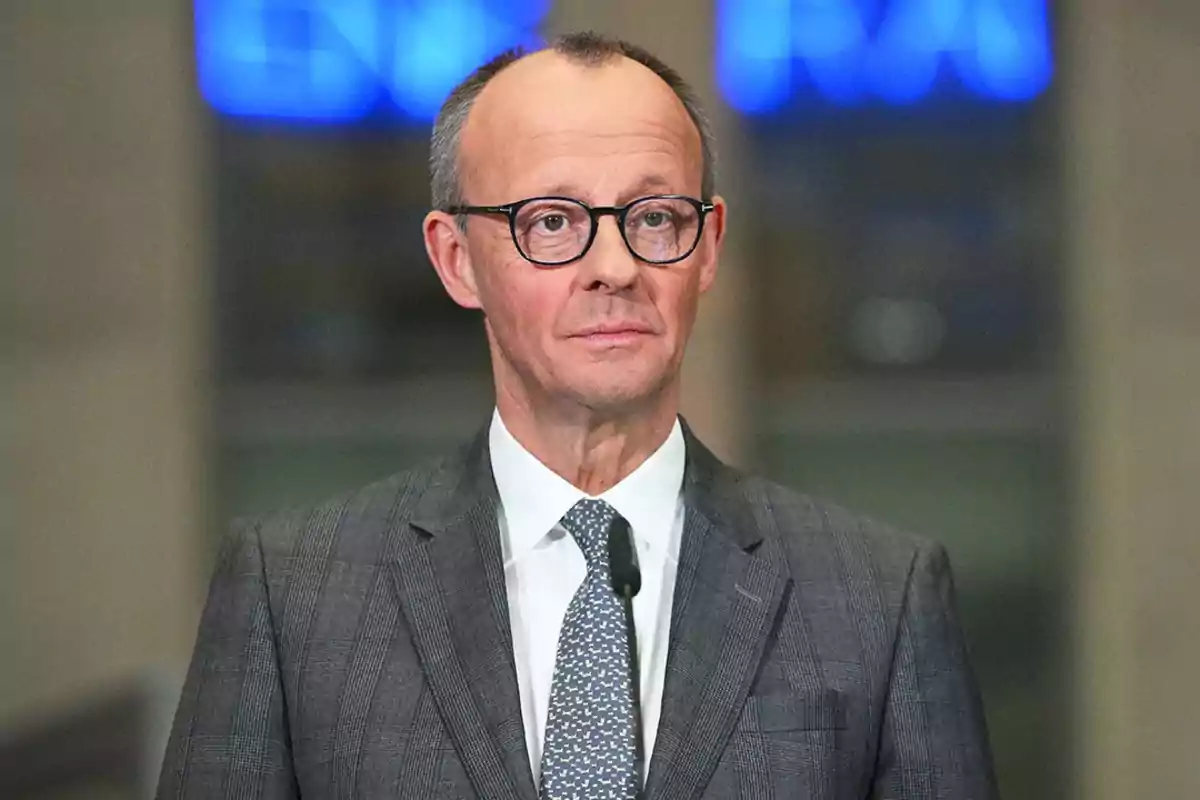
Merz abandons German pacifism and states that he expects a war with Russia very soon
The German Chancellor stated that Germany must rearm against the growing tensions with Russia
In recent years, life in Germany has been marked by a profound change in the perception of its security and defense. The constant bursts of military exercises near Münster are barely noticed by the locals, but that calm might be about to change.
The Bundestag has approved a measure that exempts military spending from the strict public debt rules, allowing for massive investment in Germany's Armed Forces.
This decision has been driven by the growing threat posed by tensions with Russia, according to General Carsten Breuer, the highest-ranking military officer in Germany, who warns that Russian aggression in Ukraine could escalate into a broader conflict with Europe.
General Breuer maintains that Germany must quickly prepare for Russia's growth, which he considers persistent and constantly evolving, combining hybrid attacks, such as cyberattacks, with a proactive stance by Vladimir Putin.
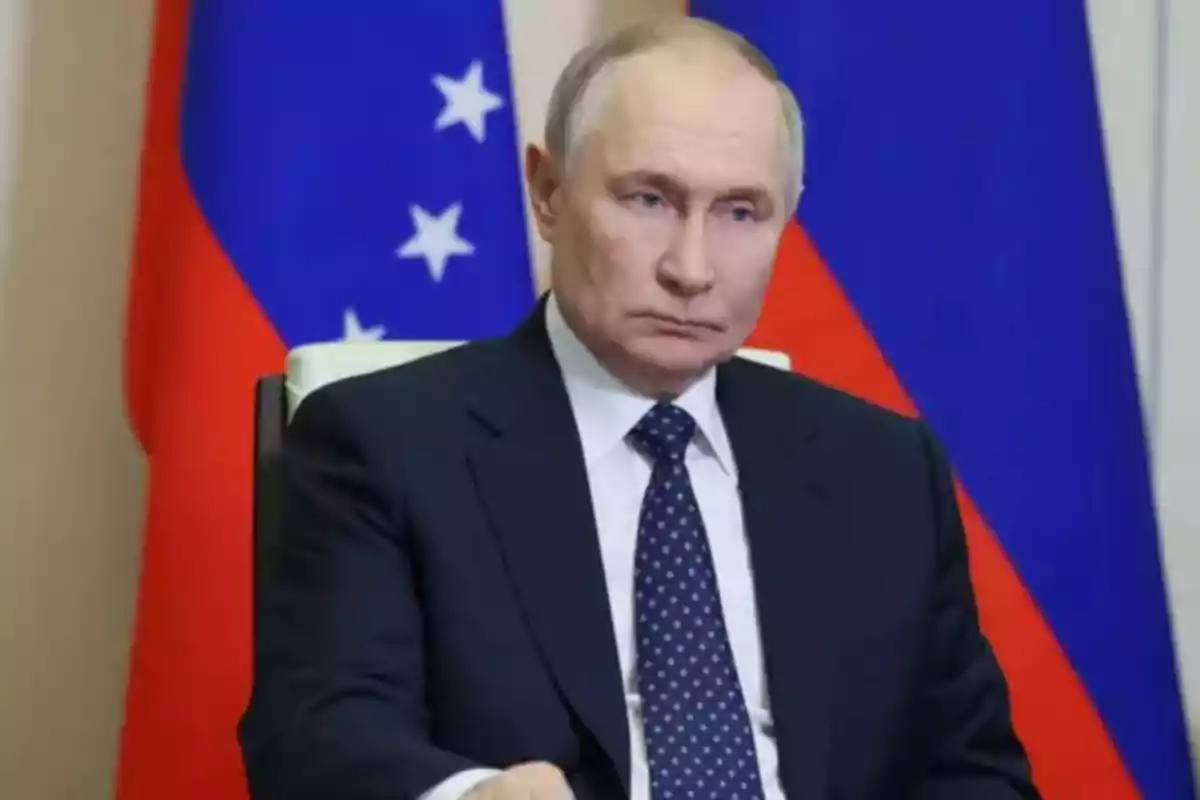
This analysis is supported by a recent report revealing serious deficiencies in the German armed forces, suffering from shortages of ammunition, soldiers, and dilapidated barracks. Additionally, it is estimated that 72 billion dollars are required just to renew military infrastructure.
This shift in Germany's defense policy is motivated by the intensification of the war in Ukraine, which has changed the nation's mindset. For decades, Germany was characterized by a pacifist stance, due to its history as an aggressor in the two world wars.
However, the growing Russian threat has led to a change in this attitude. In 2022, the former socialist chancellor Olaf Scholz declared a "Zeitenwende" (turning point), announcing an investment of 100 billion euros to strengthen the country's armed forces.
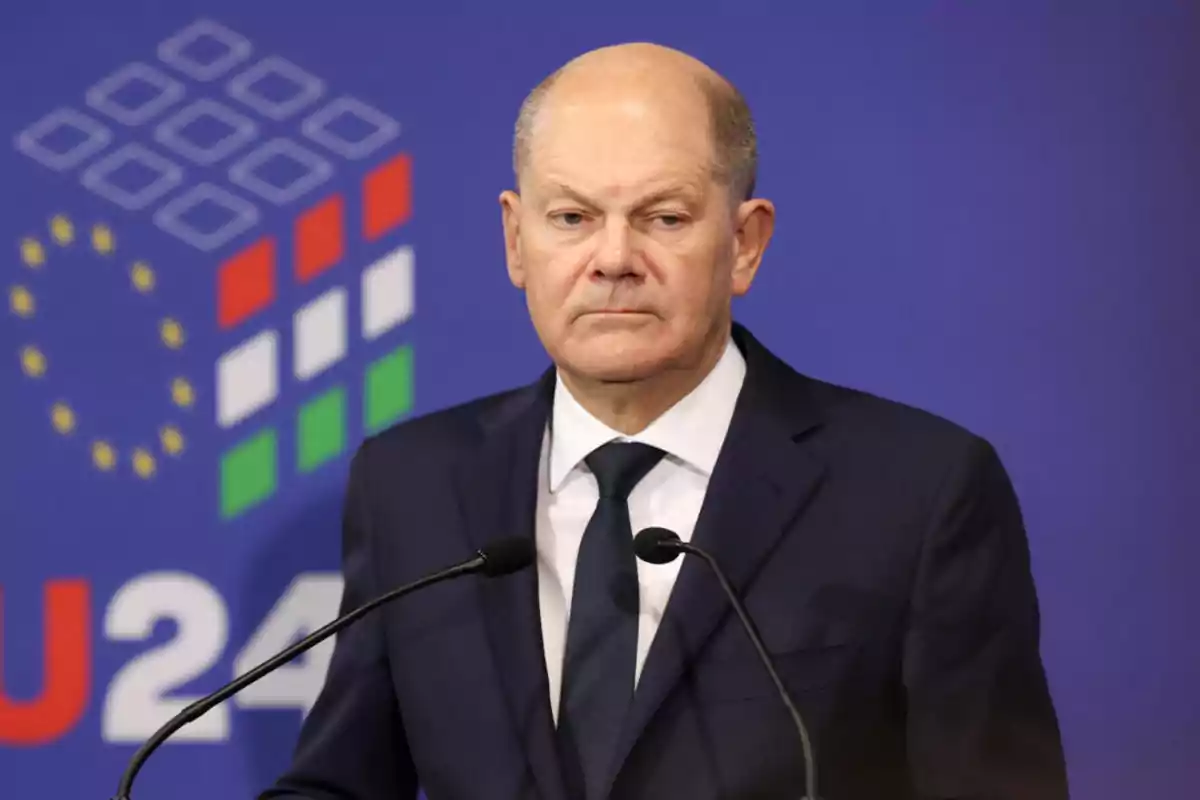
Despite this measure, Breuer considers it still insufficient, especially when compared to the intensity of Russian investment in defense.
Meanwhile, some Eastern European countries, like Poland and the Baltic republics, have opted for a more confrontational approach with Moscow, Germany prioritized trade relations with Russia, thinking that democratization would be achieved through commerce. However, Russia used those resources and, despite German investments, invaded Ukraine.
The change in focus has been reflected in German society. A recent survey showed that 79% of Germans consider Putin a danger to Europe's security.
Although resistance to militarism still persists in Germany, especially among older generations, young people have changed their pacifist perspective, recognizing that defending democratic values and freedom is now essential.
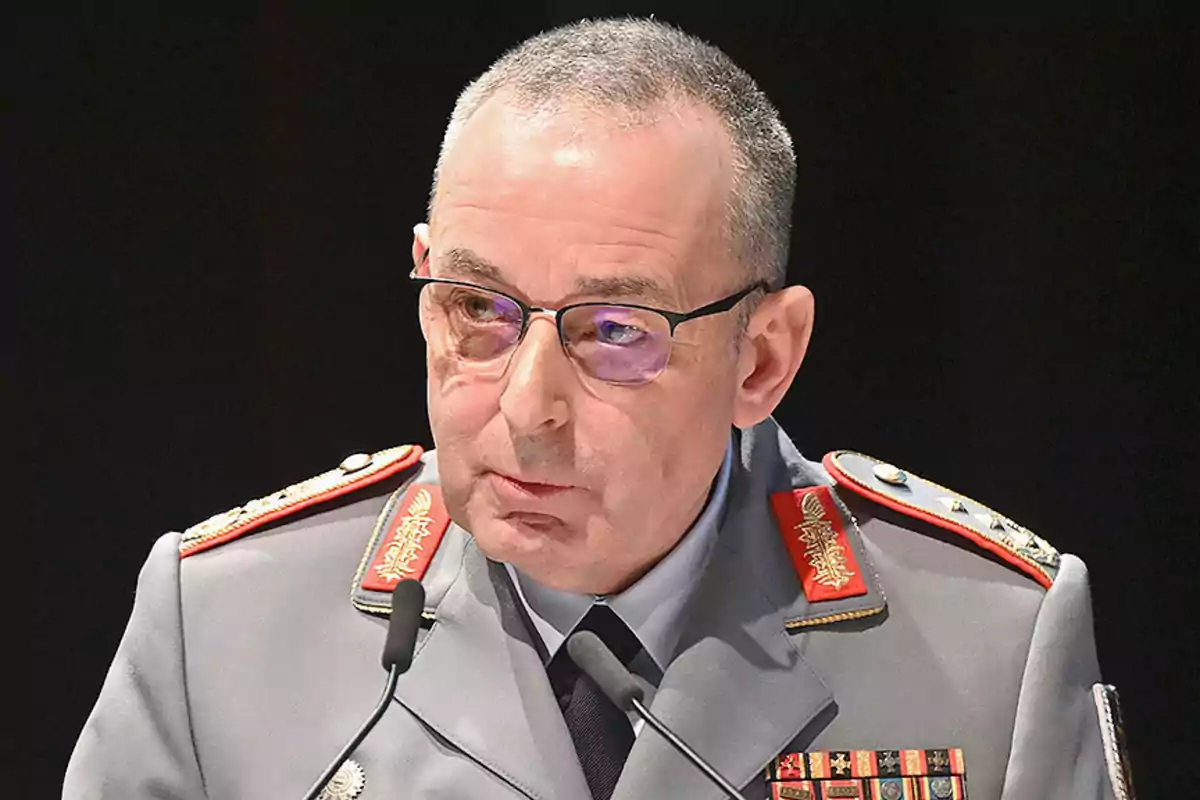
Despite the need to strengthen the army, Germany's Armed Forces face serious difficulties in recruiting soldiers. Despite attempts to increase the troops by 20,000 people, the goal has not been reached.
General Breuer has proposed the reinstatement of mandatory military service, considering that without a conscription model it will be impossible to reach the goal of recruiting 100,000 additional soldiers necessary for an effective defense of Germany and its eastern flank in NATO.
This change in Germany's military stance has become a topic of national debate. Some believe that the country must adapt to a new reality, while others remain skeptical about militarization.
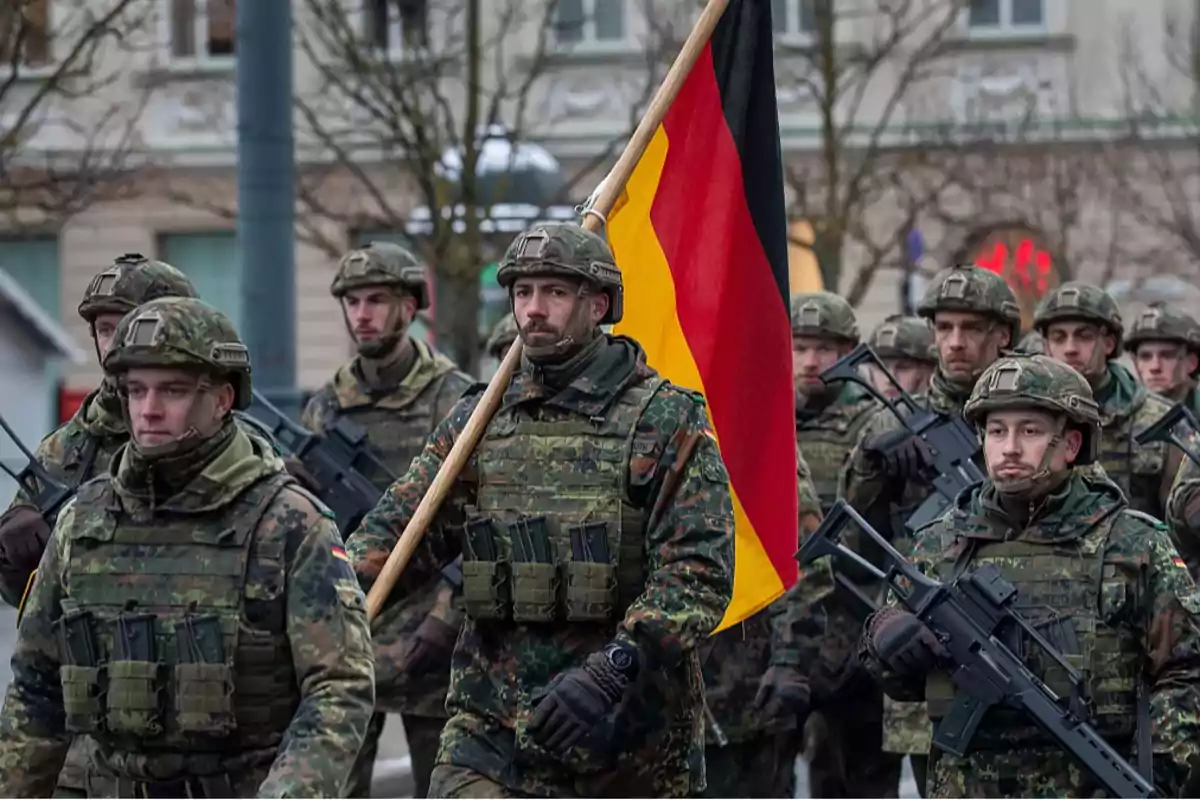
More posts: